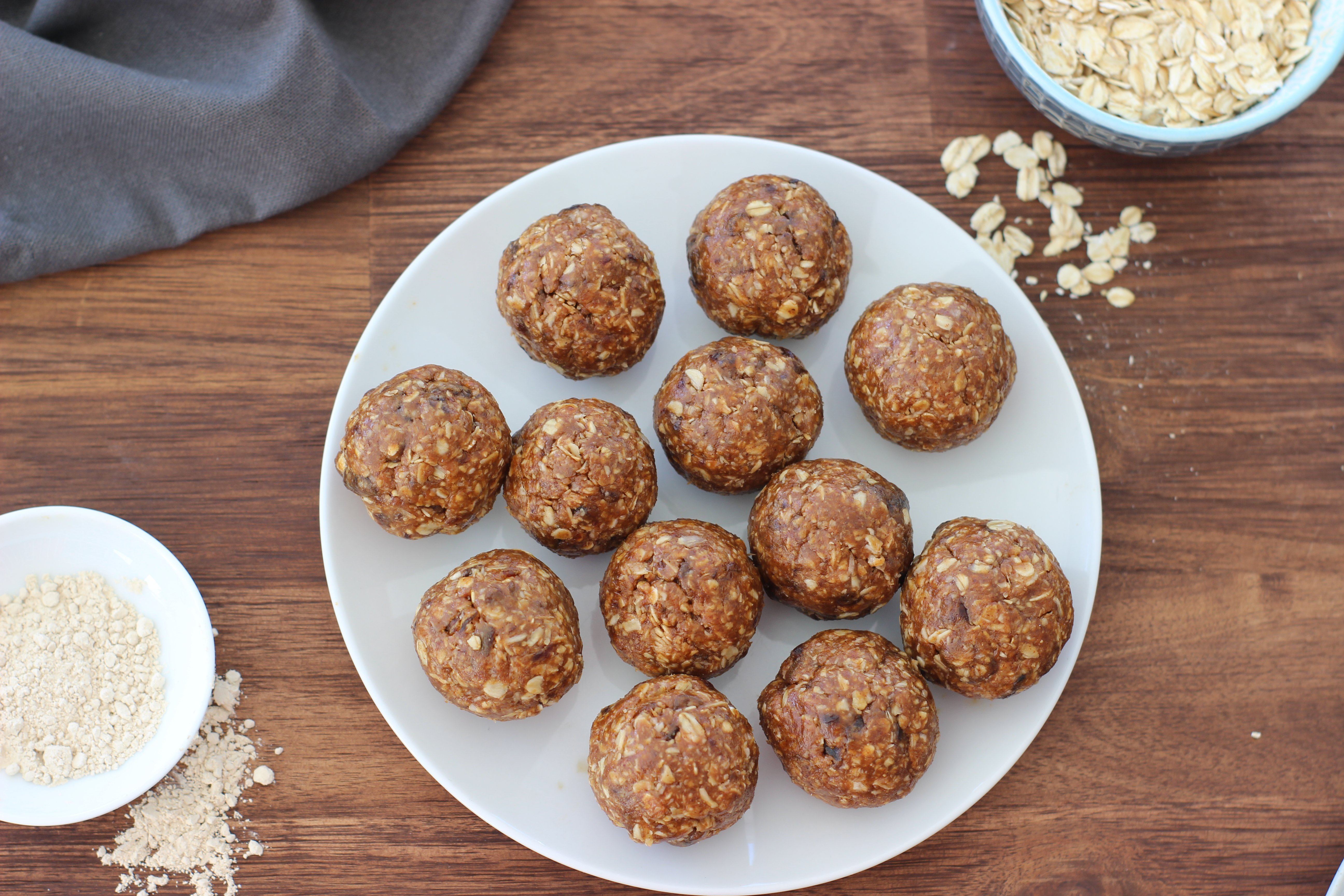Article: Will Intermittent Fasting Help With Fat Loss?

Will Intermittent Fasting Help With Fat Loss?
Intermittent fasting has gained a lot of popularity over the last few years. Proponents of intermittent fasting claim that this eating style boosts fat loss and helps you attain a lean figure. But does it really?
In this evidence-based article, we’ll look at what the data truly says about intermittent fasting, so that you can decide whether it can benefit your fat loss efforts.
What is Intermittent Fasting?
Intermittent fasting is quite simple. You don't eat for most of the day and then consume all your foods in a shorter "feeding window" − a timeframe that generally lasts between four to ten hours.
If that sounds unhealthy and uncomfortable, I can relate. After all, we’ve been led to believe by nutrition experts that we should eat every few hours to support our metabolism, figure, and health.
It turns out, however, that intermittent fasting isn’t all that stupid. In fact, it's more natural than eating every few hours since humans didn’t have access to food all day long throughout their evolution.
Owing to the “feast or famine” eating pattern our ancestors were exposed to, we’ve developed metabolic pathways to cope with such cycles of food shortage and abundance. That’s why it’s safe to practice intermittent fasting.(1)
Better yet, intermittent fasting offers many health benefits. Data shows that such an eating style:
- lowers insulin levels (2)
- reduces inflammation and oxidative stress (3)(4)
- may increase life expectancy (5)
- enhances nerve cell growth (6)
- benefits brain health (7)
- reduces the risk of type 2 diabetes (8)
- improves cardiovascular health (9)(10)(11)
Impressive, right? But what you’re probably wondering by now is:
Does Intermittent Fasting Aid Fat Loss?
Well, health authorities often cite a 2003 study published in the Journal of the American College of Nutrition, which shows that people who skip breakfast tend to be fatter than those who don't skip it.(12)
And while that data is often viewed as “proof” that skipping breakfast makes you fat, the study is misleading. That’s because correlation doesn't imply causation.
The real reason breakfast skippers tend to be heavier is that they live more unhealthily, snack more, and consume more junk food – not because skipping breakfast promotes fat gain.(13)
Because the truth is:
Intermittent Fasting – Such as Skipping Breakfast – Benefits Fat Loss
That’s because intermittent fasting helps you manage your calorie intake.
So found a recent meta-analysis of thirteen studies that people tend to consume fewer calories when they switch from a regular eating style to skipping breakfast every day.(14)
The researchers noted that people consume, on average, 260 fewer calories per day when they skip breakfast compared to when they consume it.
And since losing weight comes down to consuming fewer calories than you burn, such a reduction in calorie intake helps you to lower the number on your scale.(15)(16)(17)
In fact, the researchers of the meta-analysis concluded:
“This study suggests that the addition of breakfast might not be a good strategy for weight loss, regardless of established breakfast habit[s]. Caution is needed when recommending breakfast for weight loss in adults, as it could have the opposite effect.”
That’s right. Even though health authorities have been preaching for decades that we must consume breakfast to attain and maintain healthy body weight, that habit may cause people to gain rather than to lose pounds.
Instead, if you want to lose fat, it can be helpful to experiment with intermittent fasting.
One common counter-argument to intermittent fasting, however, is that it can cause muscle loss. Not only would that be detrimental to your appearance, but also in terms of long-term weight loss.
That’s because muscle mass is metabolically highly active. The more muscle mass you carry, the higher your metabolism will be; thus, the easier it’ll be to lose fat and keep it off.
So, let’s tackle the following question:
Does Intermittent Fasting Cause Muscle Loss?
The answer is that it depends on the length of your fast.
Research shows that protein breakdown rates increase after you fast for about 15 to 30 hours. And mTOR signaling, an essential pathway for muscle growth, reduces when you fast for more than 20 hours.(18)(19)
So, as long as you keep your fast to around sixteen hours per day at most, there’s no need to worry. You’ll be able to gain the same amount of muscle as you could with a regular eating style.(20)
If you fast for longer than sixteen hours per day, however, you risk muscle loss, and that’s why you should be cautious with extended fasts.
Here’s What We Recommend You to Do
If you want to lose fat, intermittent fasting can make it easier to help you control your calorie intake. And that’s why such an eating style can help you lose fat.
Now, if you want to try intermittent fasting, it’s important to be consistent with your fasting patterns. So, don’t fast for twelve hours today; for eighteen hours tomorrow; and then switch back to a regular eating style the day after that.
Such irregular eating patterns hurt your health and fitness by decreasing insulin sensitivity, disrupting your circadian rhythm, lowering the thermic effect of food, and impairing cardiovascular health.(21)(22)(23)(24)
Thus, make sure that you stay consistent with your fasting schedule. Do that by fasting and eating at the same times each day.
When it comes to the recommended intermittent fasting style, we advise you to follow the Leangains method, made popular by Martin Berkhans, a Swedish nutritionist and personal trainer.
What you do is to fast for sixteen hours per day as a male or for fourteen hours per day as a female. Then, you consume all your calories during the other eight or six hours, respectively.
The Bottom Line on Intermittent Fasting for Fat Loss
Intermittent fasting can help you get lean. And the primary reason for that is that such an eating pattern makes it easier to maintain a calorie deficit.
What’s more, intermittent fasting also provides various health benefits. Plus, as long as you limit your fasts to about sixteen hours per day, you’ll be able to maintain just as much muscle as you could by eating every few hours.
So, if you want to lose fat while supporting your muscle mass and health in the process, feel free to give intermittent fasting a try.

